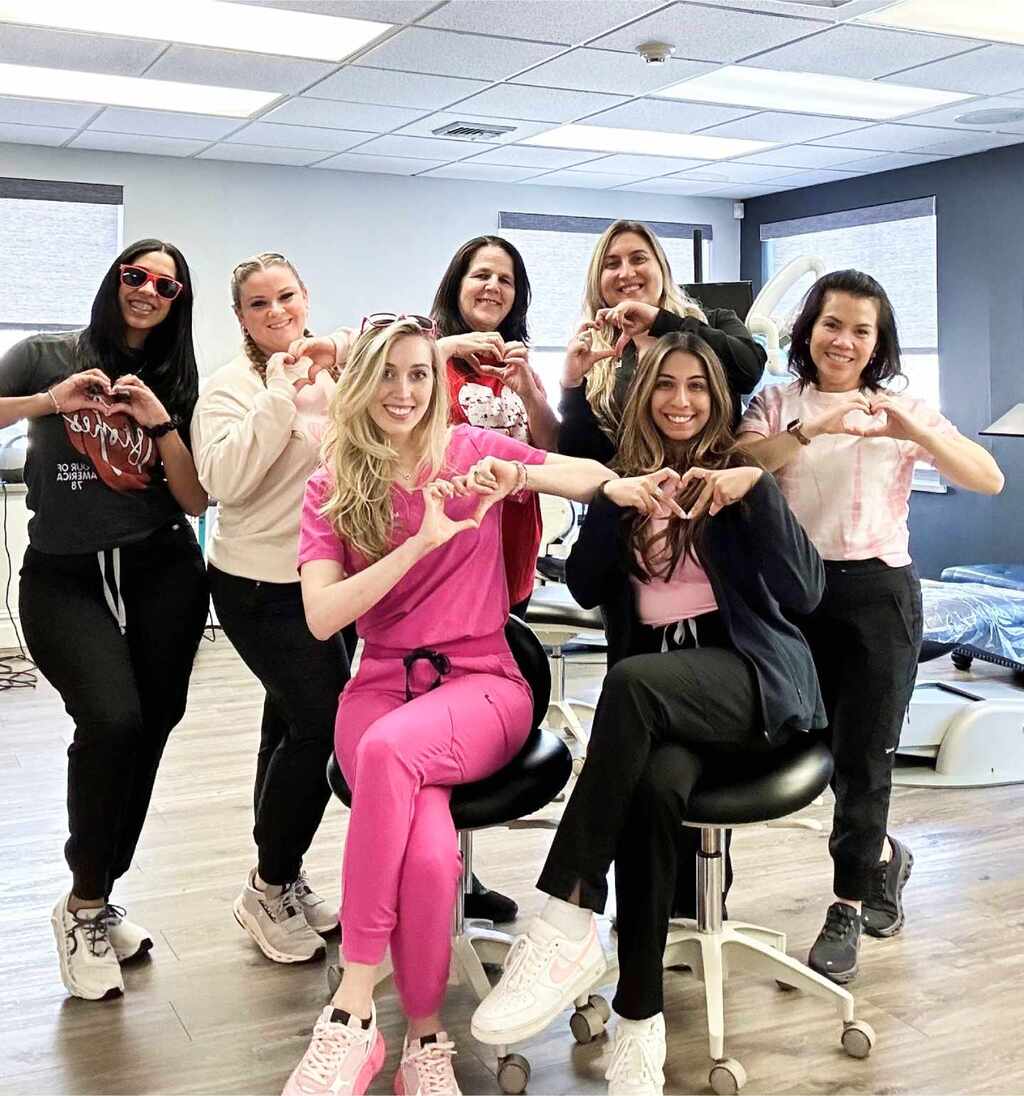When it comes to orthodontic care, perspectives can vary widely depending on where you are in the world. In some cultures, a perfectly straight smile is a symbol of status and beauty, while in others, natural teeth — even if crooked — are embraced as part of individuality and charm. At Bergen Orthodontics, we understand that cultural values, personal preferences, and social norms all play a role in how people view orthodontic treatment. Let’s explore how cultural perspectives shape orthodontic attitudes across the globe.
Orthodontics in the United States: A Focus on Aesthetics & Health
In the United States, orthodontic care is often seen as a rite of passage for teenagers and a valuable investment for adults. Straight teeth and well-aligned smiles are associated with:
- Confidence and attractiveness
- Professional success
- Good oral and overall health
American culture tends to place a strong emphasis on appearance, with straight teeth considered part of the ideal aesthetic. This perception is reinforced through media, advertising, and social expectations, making orthodontic treatment — whether braces or clear aligners — a common and accepted practice for people of all ages.
Europe: A Blend of Function & Natural Beauty
In many European countries, the emphasis on orthodontics tends to focus more on functionality and oral health rather than perfect cosmetic results. Countries like Germany, the UK, and France recognize the importance of aligned teeth for better chewing function and easier hygiene, but there’s also a cultural acceptance of minor imperfections, often viewed as charming or adding character to one’s smile.
In some European cultures, there’s less pressure to achieve the “Hollywood smile”, although clear aligners and modern treatments have been growing in popularity, especially among adults seeking subtle cosmetic improvements.
Asia: Evolving Attitudes & Status Symbol
In many Asian countries, including Japan, South Korea, and China, attitudes toward orthodontics have shifted dramatically over the past few decades. Historically, natural beauty — including crooked teeth — was more accepted, but modern influences from Western media and social media have led to increased demand for straight, symmetrical smiles.
In countries like South Korea, orthodontic treatment has become a symbol of social status and aesthetic refinement. In contrast, Japan has embraced both ends of the spectrum: some pursue orthodontics for flawless alignment, while others celebrate “yaeba” — slightly crooked or overlapping teeth — as cute and youthful.
Latin America: Balancing Health, Beauty, & Accessibility
In Latin American cultures, orthodontic care is often seen as a valuable investment in both health and beauty. Straight teeth are associated with higher social standing, and orthodontic treatment is often prioritized when financially possible. However, access to care can vary greatly depending on location and economic factors.
With social media influencers playing a significant role in shaping beauty standards across Latin America, there’s growing interest in discreet options like clear aligners, especially among young adults and professionals.
Middle East: Orthodontics & Cultural Expectations
In parts of the Middle East, there’s a strong emphasis on personal grooming and appearance, and orthodontic treatment is increasingly viewed as an essential part of achieving an ideal aesthetic. In countries like Saudi Arabia and the UAE, cosmetic dentistry and orthodontics are widely embraced, with many patients seeking both health benefits and cosmetic perfection.
Africa: Access & Awareness
In many African nations, attitudes toward orthodontics are closely tied to access to care and public awareness. In urban areas with more access to dental specialists, orthodontic care is often seen as a desirable and beneficial service, especially for younger generations. In more rural or underserved areas, orthodontic care may be considered a luxury or unnecessary cosmetic treatment.
As awareness grows about the connection between oral health, overall health, and quality of life, attitudes toward orthodontics are gradually shifting in many parts of Africa.
Cultural Sensitivity at Bergen Orthodontics
At Bergen Orthodontics, we understand that every patient’s journey is shaped by personal experiences, family traditions, and cultural values. Whether you’re seeking orthodontic care for health reasons, aesthetic improvements, or a combination of both, our goal is to provide personalized care that respects your unique preferences and background.
Orthodontic treatment is a personal choice, influenced by culture, lifestyle, and individual goals. At Bergen Orthodontics, we celebrate diverse perspectives on beauty and health, and we’re here to help you achieve a smile that reflects who you are.
